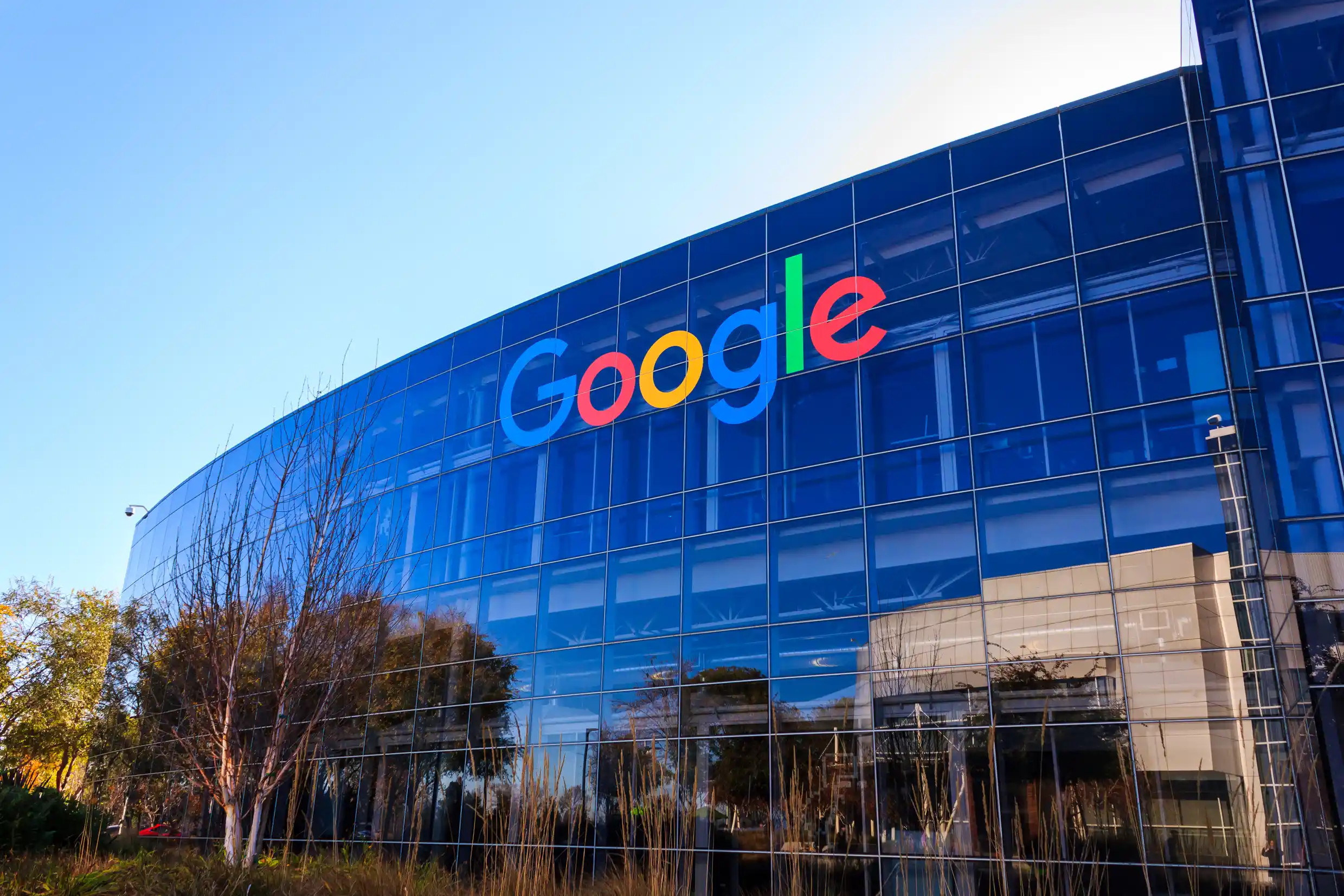Physical Address
4 Elgon Terrace, Kololo, Kampala, Uganda
Physical Address
4 Elgon Terrace, Kololo, Kampala, Uganda

Google is doubling down on Africa’s tech future. The company has announced the expansion of its AI Research Center in Accra, Ghana, making it one of the largest artificial intelligence hubs on the continent.
The center, first launched in 2019, has already contributed to key breakthroughs in natural language processing for African languages, agricultural forecasting tools, and health-focused AI models. With this expansion, Google plans to hire more engineers, researchers, and data scientists across Africa, further positioning the continent as a critical player in the global AI revolution.
According to Google, the move reflects the growing importance of Africa in shaping the future of technology. With over 1.4 billion people, a young population, and rapid internet adoption, the continent presents both challenges and opportunities for cutting-edge research.
One of the immediate goals of the expanded hub is to improve language inclusivity. Many African languages remain underrepresented in global AI systems, which often leaves millions excluded from the digital conversation. By training AI to better understand and process African languages, Google hopes to bridge this gap and make technology more accessible.
Beyond language, the Accra hub is also working on climate resilience tools that use machine learning to predict floods, droughts, and other environmental risks across Africa. This could help governments and communities prepare more effectively for climate-related crises.
The expansion sends a clear message: Africa is no longer just a consumer of global tech but a contributor to its advancement. For local innovators, researchers, and startups, the presence of a tech giant like Google investing deeply in African talent is both a challenge and an opportunity.
If successful, this could mark a turning point where Africa shifts from being a market to becoming a global innovation powerhouse.